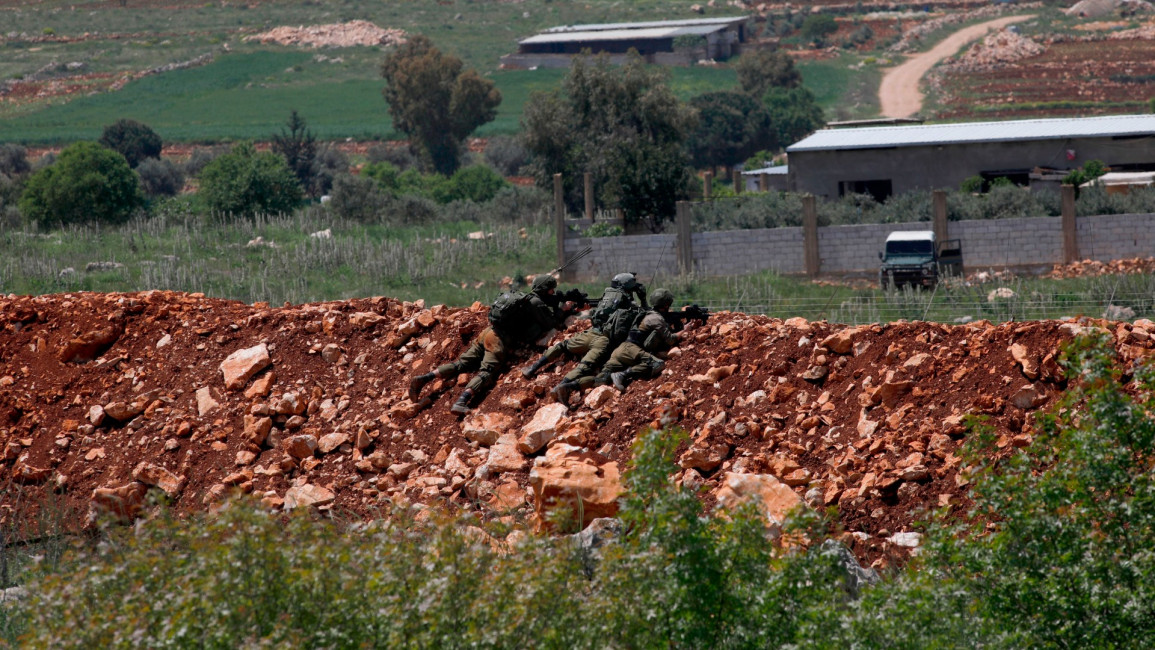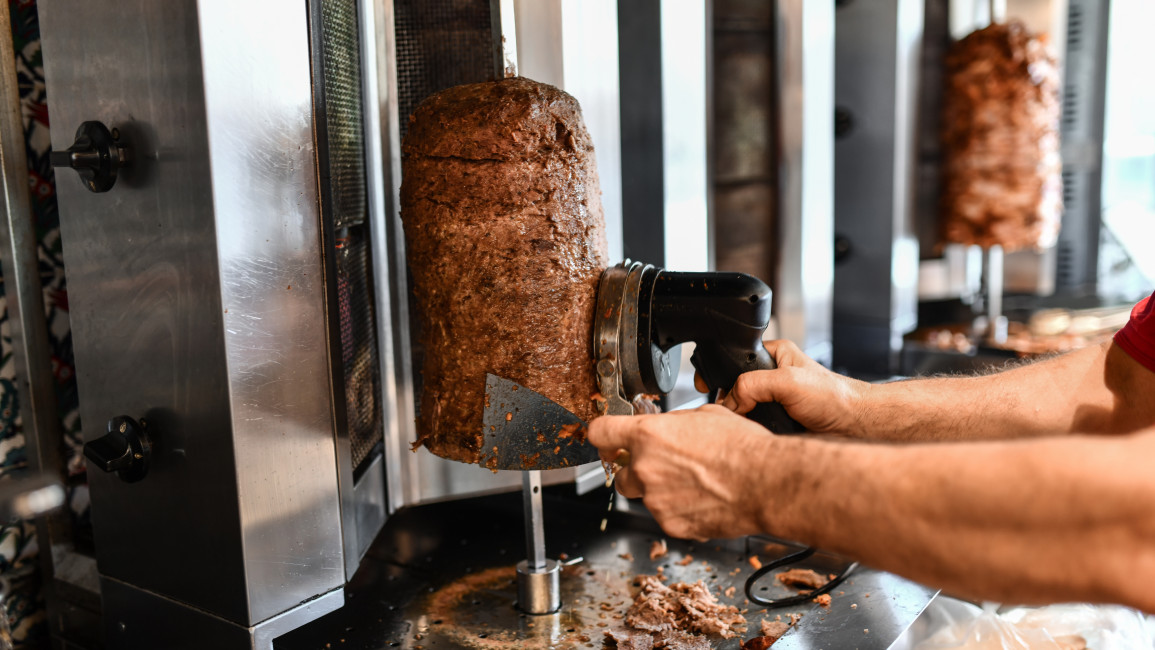UN mission urges 'maximum restraint' after Lebanon-Israel border clashes
An AFP correspondent reported Israeli artillery bombardment on the hills of Kfarchouba in the Shebaa Farms area near the Israeli position of Roueysaat al-Alam.
Plumes of smoke were also reported rising above the area.
UNIFIL's statement came just moments after Israel reported a "security incident" on the Lebanese border leading to an exchange of fire, amid heightened tensions with Hezbollah.
Earlier, the Israeli military said it was engaged in "ongoing combat" at the border areas, enforcing a lockdown for civilians.
"Following the security incident in the Mount Dov area... residents are asked to stay in their houses. Any kind of activity in open areas is forbidden," an army statement said.
The Israeli military closed roads and told locals to stay in their homes, which has been the site of tensions between the two sides in recent days.
"We are in the midst of a complicated event," said Israeli Prime Minister Benjamin Netanyahu, on hearing news on the clashes.
Twitter Post
|
Prior to that, Netanyahu warned he would not allow Syria or Lebanon to be used as a base for attacks on Israel.
"We maintain the policy that I set years ago: we will not allow Iran to establish itself on our border. Lebanon and Hezbollah will be responsible for any attack against us that comes of Lebanon," he said, according to Haaretz.
A journalist with the pro-Hezbollah media outlet Al-Manar claimed that Israel carried out an unprovoked attack on Lebanese territory on Monday, posting an image which appeared to show the impact of artillery fire.
It comes after expected Hezbollah retaliation for the killing of one of its operatives in an Israeli airstrike in Syria last week.
Israel has bolstered its military defences on the border region in response to the threats, with further reinforcements sent after the incident.
Hezbollah said it has increased its readiness "to monitor activities" and was expected to issue a statement on the incident later in the day.
It comes a day after Hezbollah's deputy Sheikh Naim Qassem said that the Islamist movement would respond to the killing of its soldier, but would stop short of war with Israel.
"The atmosphere does not indicate a war... It's unlikely, the atmosphere of war in the next few months," said Qassem.
"There is no change of rules of engagement and the deterrent equation with Israel exists and we are not planning to change it."
In 2019, an Israeli strike in Syria killed two Hezbollah fighters and led to the movement's leader, Hassan Nasrallah, threatening retaliation the next time its members were killed.
Israel and Hezbollah fought a bloody and destructive war in 2006, which resulted in hundreds of Lebanese civilian deaths and with both sides claiming victory.
Since then, Hezbollah and Israel have avoided a direct confrontation, particularly as the Lebanese movement remains bogged down in the Syria war.
Follow us on Facebook, Twitter and Instagram to stay connected



